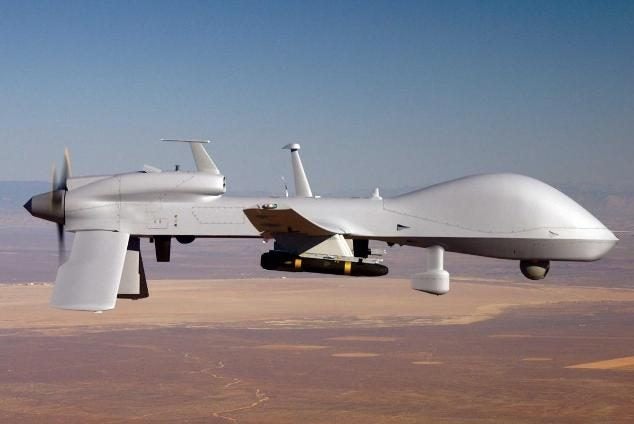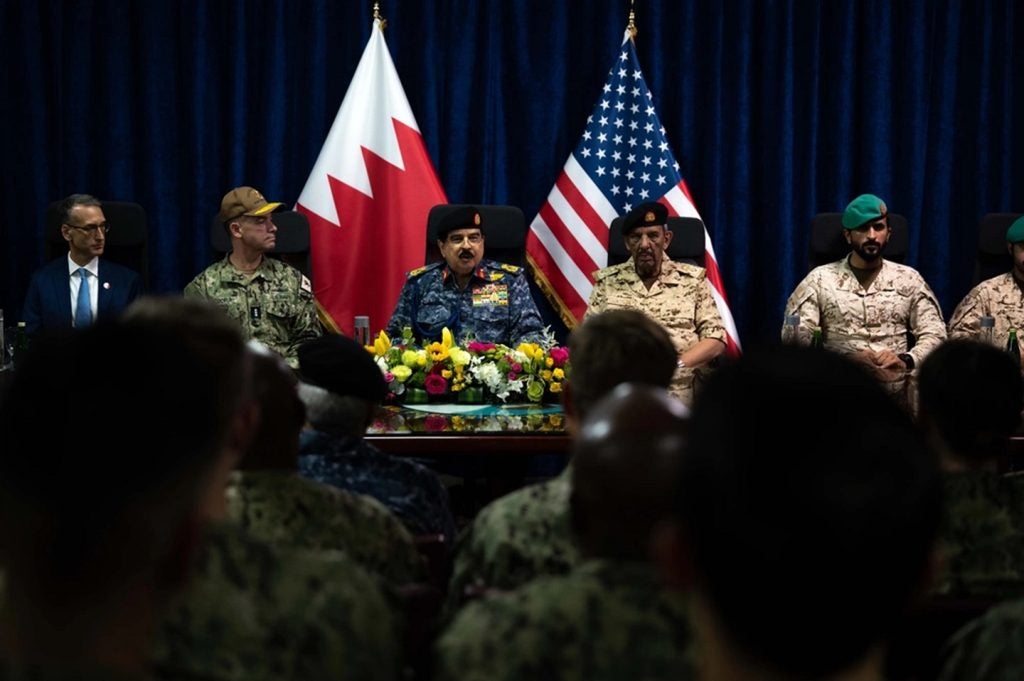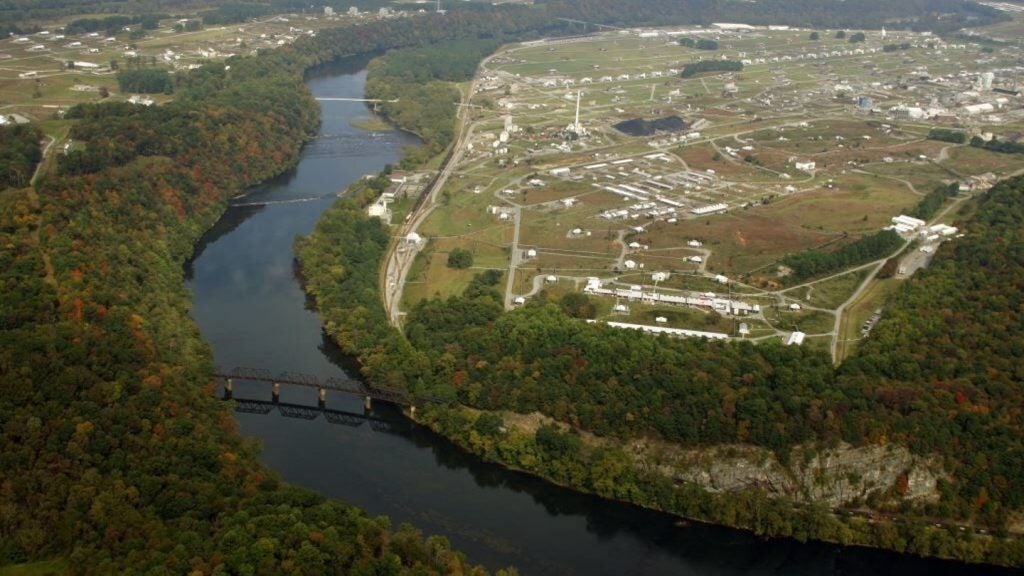
The US Army Future Command’s Army Research Laboratory (ARL) collaborated with industry and academic experts at a recently held event in Chicago, US, to discuss advances in unmanned aircraft system (UAS) propulsion technologies.
Issues were discussed at the Center for UAS Propulsion (CUP) programme review in April and Industry-Academia Connection Days last month at the University of Illinois at Chicago.
Supported by ARL, the centre leads a research programme to address the needs of the US Army for current and future advances in UAS propulsion systems.
Participants at the event involved researchers from the ARL, its university partners, Department of Energy partners, and industry.
Focus areas of the UAS propulsion systems research included reliability, payload, reduced detection by opposing parties, and increased operational range.
A range of technical challenges related to small engines featured in the discussions.
How well do you really know your competitors?
Access the most comprehensive Company Profiles on the market, powered by GlobalData. Save hours of research. Gain competitive edge.

Thank you!
Your download email will arrive shortly
Not ready to buy yet? Download a free sample
We are confident about the unique quality of our Company Profiles. However, we want you to make the most beneficial decision for your business, so we offer a free sample that you can download by submitting the below form
By GlobalDataThese include non-conventional and gas turbine engines, hybrid-electric applications, energy storage technologies to enable lighter weight, higher power and energy densities, as well as power and thermal management technologies.
The CUP programme is seen as a foundation to accelerate the US Military’s future UAS power and propulsion capabilities.
ARL versatile tactical power and propulsion essential research program manager Dr Mike Kweon said: “The objectives of the programme review on day one were to ensure accountability for the success of the soldier and in pursuit of technical excellence.
“The entire multi-fuel capable hybrid propulsion programme team was able to learn other technical areas, actively engage and interact among the team members. We received lots of positive feedback.”
The programme review was followed by learning about the current advanced technologies and technical challenges in power and propulsion for UAS.
Kweon added: “The objective of this event was to develop strong partnerships among industry, academia and government to develop power and propulsion technologies for future UAS that will deliver more reach, lethality and protection for the multi-domain operations and for the future soldiers.”
Research will focus on advances in technologies such as extreme fuel-ignition characterisation, variable energy assisted compression ignition, and high-pressure compact air management.





